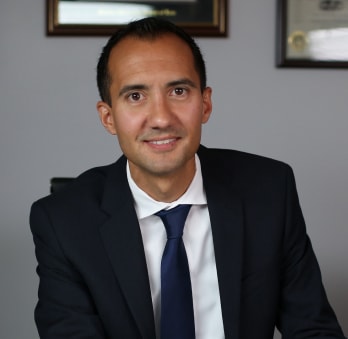Are Public Tweets Free Speech Protected By The First Amendment?

This is the issue that we will take up in front of the Minnesota Supreme Court later this year. Our client has been charged and convicted of the criminal offenses of Stalking and Harassment for posting a series of public tweets mentioning another Twitter user.
We previously argued the charges should be dismissed because the public tweets are protected under the First Amendment. So far, the district court and Minnesota court of appeals have disagreed.
ISSUE OF FIRST IMPRESSION
No Minnesota court has addressed the question of whether public tweets are protected under the First Amendment. This is what lawyers call an issue of first impression. In other words, our case is the first case to address this specific issue in front of the Minnesota Supreme Court.
PUBLIC TWEETS ARE PUBLIC SPEECH
The case involves approximately 36 public tweets sent over the course of an evening back in 2016. The tweets were all public. They were not direct messages (DMs) or protected private tweets. The public tweets mentioned or tagged another Twitter user’s Twitter handle.
In our opinion, the tweets did not threaten harm or threaten other criminal conduct. To be fair, the tweets were certainly mean-spirited but did not contain a threat to harm the tagged individual.
The distinction between a public tweet and private, direct message is extremely significant. A direct message is a private communication between a limited number of individuals. A direct message is much closer to a text message or email. It’s not out there for the public to view. Courts are well within their right to exclude text messages or emails from First Amendment protection.
A public tweet, on the other hand, is much closer to a public statement that one would give on a street corner. At least that’s our argument. Twitter is widely recognized as the modern public square, a venue where any number of individuals, companies, or agencies put out public statements or announcements.
Police departments use Twitter to spread the word of wanted individuals. School districts use Twitter to send out announcements of school closings. Professional sports teams use Twitter to announce trades or schedule changes. And our current President uses Twitter to make all sorts of public statements and declarations. This is simply no argument that a public tweet is not the equivalent of a public statement.
The reason this distinction is significant is because the First Amendment has historically – and very clearly – protected non-threatening public statements. The United States Supreme Court has held that public speech cannot be punished unless it falls into a very narrow category of unprotected speech.
FIRST AMENDMENT DOES NOT PROTECT FIGHTING WORDS, TRUE THREATS, OR SPEECH INTEGRAL TO CRIMINAL CONDUCT
The law classifies fighting words as those words that tend to incite an immediate breach of the peace. Certain words tend to provoke a physical, violent reaction. Such words are not protected under the First Amendment. However, a face-to-face confrontation is typically required before speech may be considered as fighting words because of the requirement of an immediate breach of peace.
Courts have held that online speech lacks the face-to-face interaction and therefore lacks the immediacy required for fighting words.
True threats, on the other hand, do not necessarily require a face-to-face confrontation. True threats are those statements that threaten a future crime of violence. For example, an individual may be subject to criminal prosecution in Minnesota for the crime of Terroristic Threats if they posted an online statement directed at an individual threatening to harm that person. Such a statement would not be protected free speech under the First Amendment.
Speech integral to criminal conduct covers scenarios in which an individual’s speech discusses some type of criminal
FREE CRIMINAL DEFENSE LAWYER CONSULTATIONS
Are non-threatening public tweets the same thing as a public statement protected under the First Amendment? We think so. We hope to have the Supreme Court’s answer before the end of the year. Check back for updates.
We offer free consultations for all criminal defense cases. We’re licensed in Minnesota, North Dakota, and United States District Court. Contact us today to schedule your free case review.



